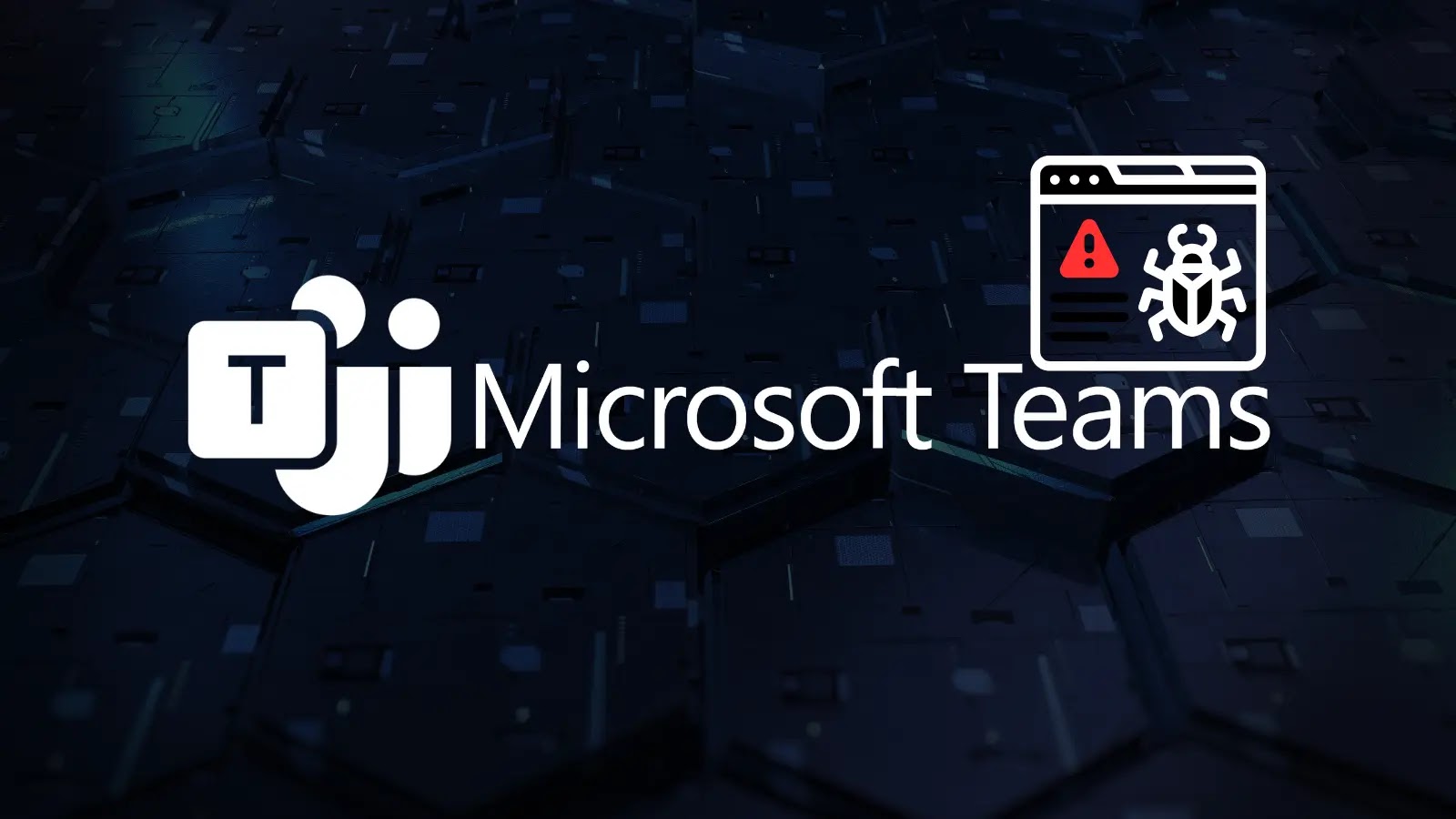Recent security evaluations have identified three critical vulnerabilities within the IXON VPN client, posing significant risks to both Windows and Linux systems. These vulnerabilities, designated as CVE-2025-ZZZ-01, CVE-2025-ZZZ-02, and CVE-2025-ZZZ-03, could allow attackers to escalate privileges locally, potentially leading to unauthorized control over affected systems.
Overview of IXON VPN Client:
IXON, a Netherlands-based company specializing in industrial remote access solutions, offers a cloud-based VPN service that necessitates a physical device connected via Ethernet or mobile data. Users access the service through a cloud portal at https://ixon.cloud, which facilitates secure VPN connections to local networks. The IXON VPN client, essential for this connectivity, operates a local web server on https://localhost:9250 and runs with elevated privileges—root-level on Linux and as NT Authority\SYSTEM on Windows.
Detailed Analysis of Vulnerabilities:
1. CVE-2025-ZZZ-01 (Details Withheld):
Specifics of this vulnerability remain confidential until IXON releases a public fix. The exploitation of this flaw could necessitate significant configuration changes, and premature disclosure could lead to irresponsible exposure. IXON has been notified and is actively working on a resolution.
2. CVE-2025-ZZZ-02: Linux Local Privilege Escalation
On Linux systems, the IXON VPN client temporarily stores an OpenVPN configuration file at a predictable location: /tmp/vpn_client_openvpn_configuration.ovpn. Researchers discovered that an attacker could exploit this by creating a named pipe (FIFO) at this path using the `mkfifo` command. By stalling the VPN client and injecting a malicious OpenVPN configuration, the attacker can include commands like `tls-verify` with `script-security 2`, enabling root-level code execution. This attack requires a valid VPN connection to trigger the script execution, a limitation noted in prior OpenVPN discussions.
3. CVE-2025-ZZZ-03: Windows Local Privilege Escalation
On Windows platforms, the VPN client stores its OpenVPN configuration in the C:\Windows\Temp directory, where standard users have permissions to create and modify files. By exploiting a race condition, attackers can use a PowerShell script to repeatedly overwrite the temporary configuration file with a malicious version, achieving SYSTEM-level code execution. Unlike the Linux vulnerability, this method does not require a successful VPN connection, making it particularly potent.
Mechanism of Exploitation:
The vulnerabilities arise from the IXON VPN client’s interaction with the cloud portal. When a user initiates a VPN connection, the browser sends an XMLHttpRequest (XHR) containing authentication tokens and device identifiers to the local web server. This server forwards the request to https://ixon.cloud, appending local configuration details and receiving an OpenVPN configuration file in response. The insecure handling of this file on disk creates opportunities for privilege escalation.
IXON’s Response and Mitigation Measures:
IXON has been commended for its prompt response to these security issues. The company addressed the privilege escalation vulnerabilities in version 1.4.4 of the VPN client by relocating the temporary OpenVPN configuration to a directory accessible only by high-privilege users, effectively neutralizing the exploits. The undisclosed vulnerability (CVE-2025-ZZZ-01) is still under investigation, with IXON actively working on a solution. Users are strongly urged to upgrade to version 1.4.4 or later to ensure their systems are protected. Detailed information and updates can be found in IXON’s security advisory (ADV-2025-03-17) at https://support.ixon.cloud.
Implications for Industrial Systems:
Given IXON’s focus on industrial remote access solutions, these vulnerabilities have significant implications for industrial control systems (ICS) and operational technology (OT) environments. Exploitation of these flaws could lead to unauthorized access and control over critical industrial processes, potentially resulting in operational disruptions, safety hazards, and financial losses.
Recommendations for Users:
– Immediate Update: Users should promptly update their IXON VPN client to version 1.4.4 or later to mitigate the identified vulnerabilities.
– Review System Logs: Administrators should review system logs for any unusual activity that may indicate attempted exploitation of these vulnerabilities.
– Implement Security Best Practices: Organizations should enforce the principle of least privilege, ensuring that users and applications operate with the minimum necessary permissions.
– Regular Security Audits: Conduct regular security audits and vulnerability assessments to identify and remediate potential security issues proactively.
Conclusion:
The discovery of these critical vulnerabilities in the IXON VPN client underscores the importance of rigorous security assessments and prompt remediation efforts. By addressing these issues swiftly and effectively, IXON has demonstrated a commitment to the security of its users. However, this incident serves as a reminder for organizations to remain vigilant, regularly update their systems, and adhere to security best practices to protect against potential threats.



